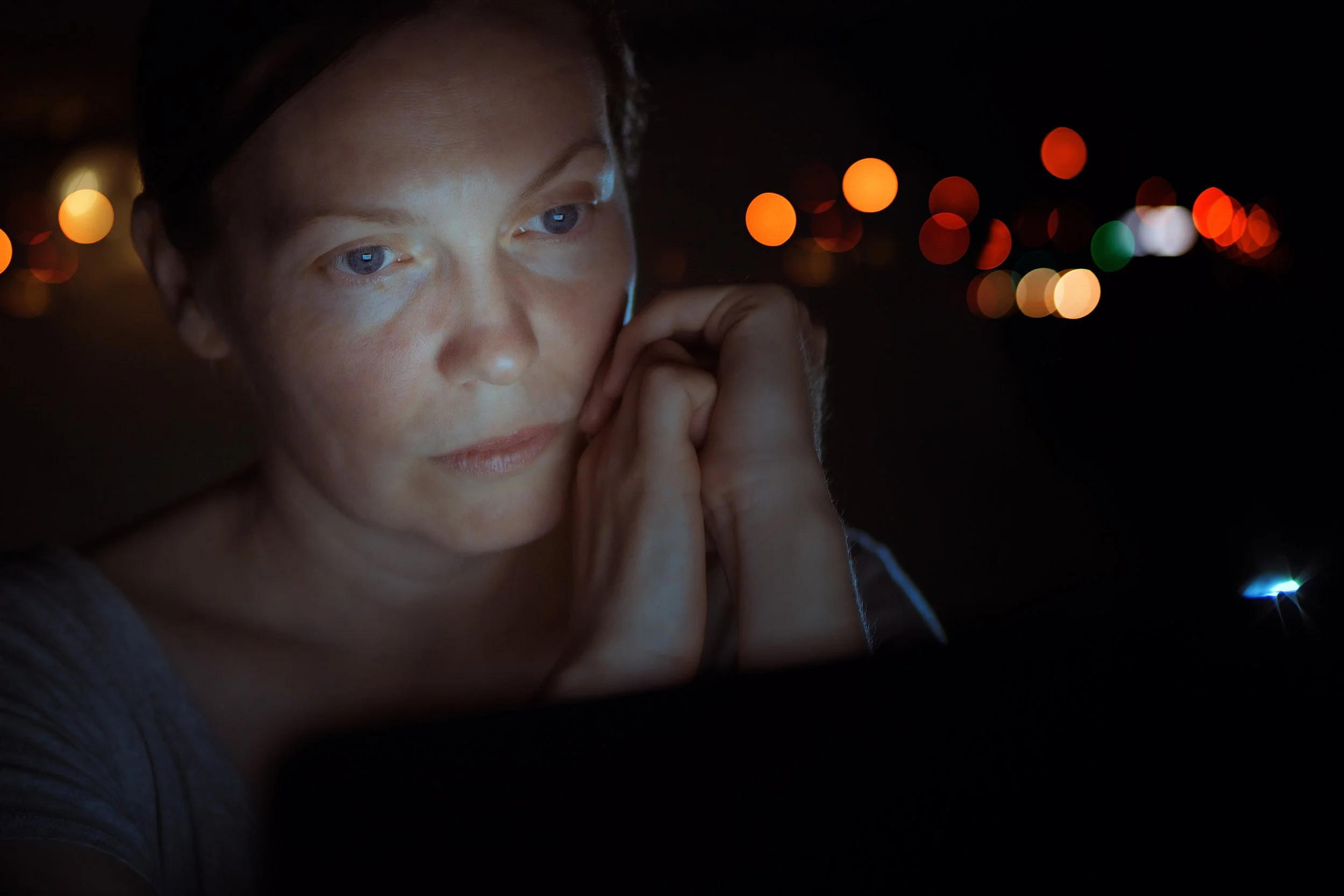Turn off the telly at night
How do you like to relax in the evening? Chances are you’re like most people and enjoy watching TV before you go to bed to gain a bit of escapism…but is it healthy for your sleep?
By now, many of us should have heard about the consequences of consuming too much artificial light and screen time, especially in the evenings, as it disrupts our circadian rhythms and melatonin levels. But do we also consider the added stimulation from the content which we choose to watch which also keeps our brains more alert and activated?
Perhaps the 10 O’Clock news should come with a warning ticker along the bottom saying “watching this programme may harm your sleep!”?
Or perhaps you have revenge bedtime procrastination - the deliberate decision to delay your sleep in response to stress or a lack of free time earlier in the day. This is usually experienced by people who have a more evening-type chronotype and with so much access to on-demand content available it makes late-night TV a bit of a threat to our recovery.
Then, of course, watching TV in bed and falling asleep with it still on is just terrible sleep hygiene all round. Research published in 2019 examined data from 43,722 women who either slept in total darkness or with some level of artificial light (i) a small nightlight in the room (ii) a light outside the room or (iii) a light or television on in the room. Interestingly, the more artificial light exposed to while asleep resulted in a 17% increased risk of gaining 11lbs over the course of five years.
Incidentally, even if you sleep in a room with the TV standby button on, this is also enough to disturb the quality of your sleep. Isn’t this pretty standard practice in every hotel room worldwide? You’ve therefore got to keep the room completely dark, so go ahead and banish all electronics from the bedroom and if that’s impossible, invest in a cozy eye-mask for yourself instead.
Now, this week’s challenge is to go for an entire week without watching TV in the evening. To eliminate any doubt, this doesn’t mean you use your phone or tablet to watch something instead! If you don’t think you’re able to give this challenge a go, I’ve just done 10 weeks without any TV after 7pm and once you get past the first 3 nights without it, it becomes so simple to achieve.
So, why not put on some relaxing music, read a book, talk to your partner, phone your mum, play a board game, do a puzzle, write in your journal, meditate or do some restorative yoga? If you’ve had a busy day and a high amount of sensory load (people, traffic, emails, notifications etc), experiment with a few of these suggestions to see if you regain some energy back during your working day and also if you increase your ability to self-regulate and feel more in control.
Have a great week. Keep up your good habits.
#HealthyHabits
Sources:
Association of Exposure to Artificial Light at Night While Sleeping With Risk of Obesity in Women
Is Sleeping with Your TV on a Bad Idea? Arguments for & against.

